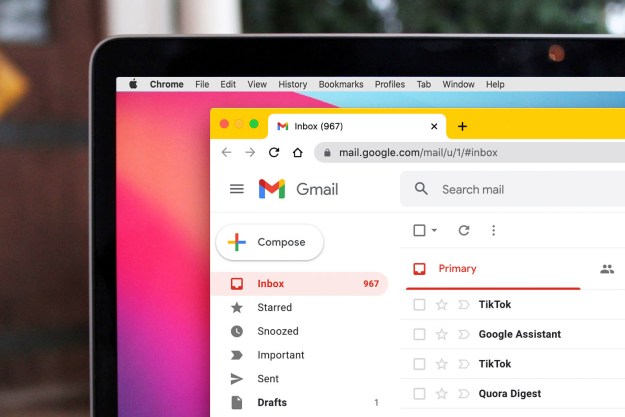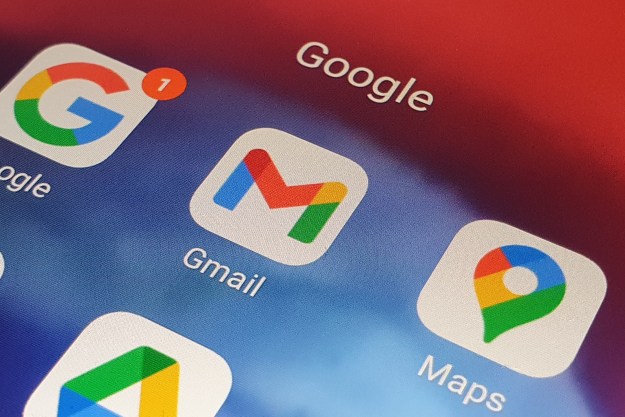On Sunday morning, many Gmail users woke up to find spam in their sent folders. Understandably, many people’s first thoughts were that their accounts were hacked. That does not appear to be the case, however, as some users reported that spam was still being sent from their accounts even after changing their passwords.
“My email account has sent out 3 spam emails in the past hour to a list of about 10 addresses that I don’t recongnize[sic],” reads a post on the Google help forums. “I changed my password immediately after the first one, but then it happened again 2 more times. The subject of the emails is weight loss and growth supplements for men advertisements. I have reported them as spam. Please help, what else can I do to ensure my account isn’t compromised??”
The content of the emails makes it clear that they are spam and include such topics as shady loans, male growth supplements, and other such things.
Several users also reported that the spam emails appear to be linked to Telus, a Canadian telecoms company. The company has said that the emails were not sent from its servers and that it is currently working with its 3rd party vendors to address the issue.
There are currently spam emails being circulated which are disguised to appear from https://t.co/rpexKwMFiR. We can confirm they are not being generated by TELUS nor are they being sent from our server. We are working with our 3rd party vendors to resolve the issue. pic.twitter.com/LzYZMTU0ZN
— TELUS Support (@TELUSsupport) April 22, 2018
In terms of account security, several users noted that had two-factor authentication on their accounts making it very unlikely that they were hacked.
“My account is totally secured and has no access from anywhere but my PC and my phone,” another user replied. “Along with 2 factor authentication. Still getting these spam emails from ‘myself’, come on google fix it up.”
Fortunately, Google is aware of the issue. In response to a tweet about the topic, Google’s Seth Vargo said that the company’s engineers are working on the problem.
Hey Alex, thanks for letting us know. Our engineering teams are aware of this and are working on a resolution :)
— Seth Vargo (@sethvargo) April 22, 2018
Editors' Recommendations
- How to save your data from Google’s purge of inactive accounts
- Google could kill Gmail spam with an upcoming major update
- These are the new AI features coming to Gmail, Google Docs, and Sheets
- Google’s latest anti-spam change helps clean up your calendar
- Searching for emails in Gmail is about to get much faster

